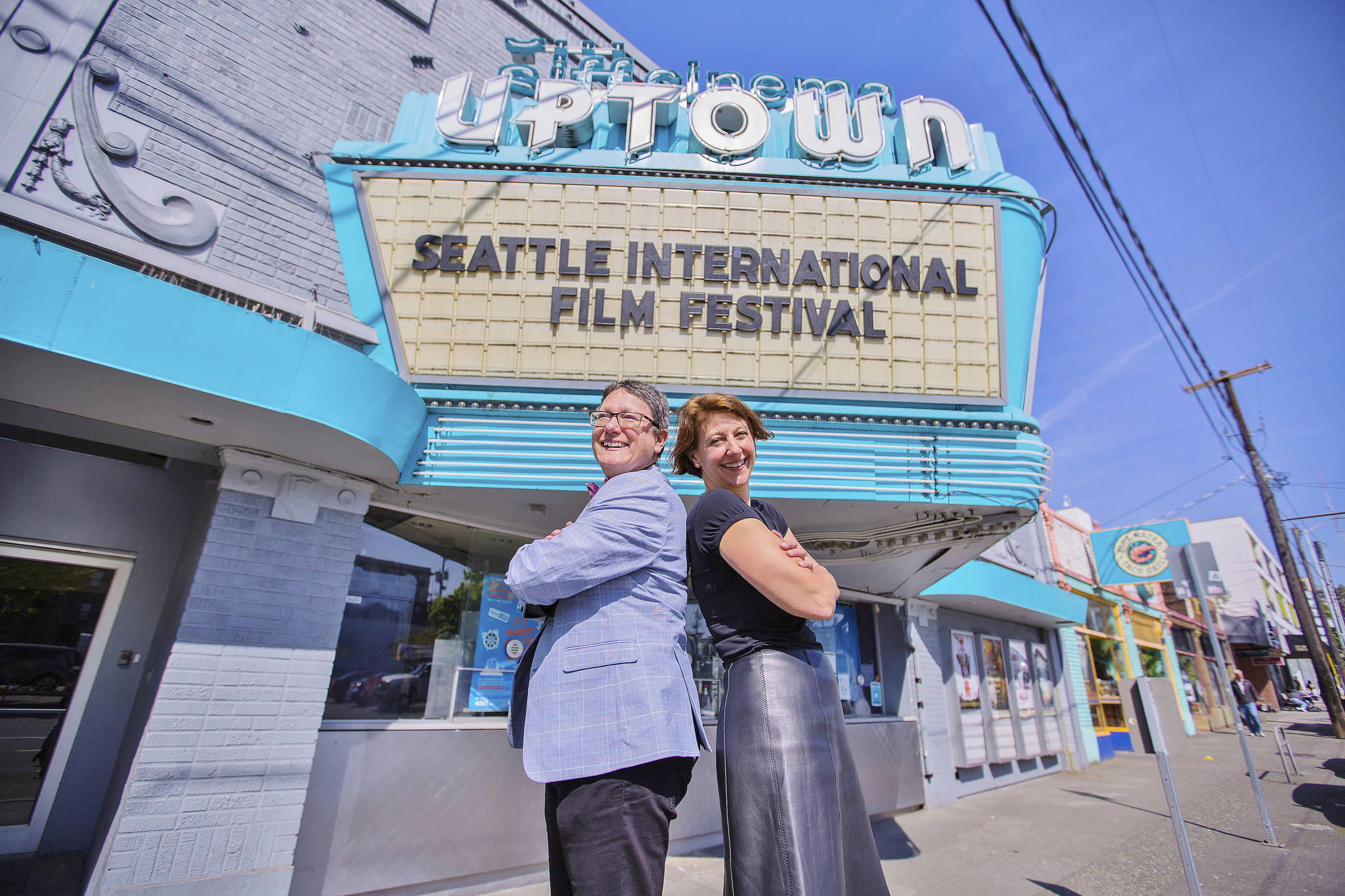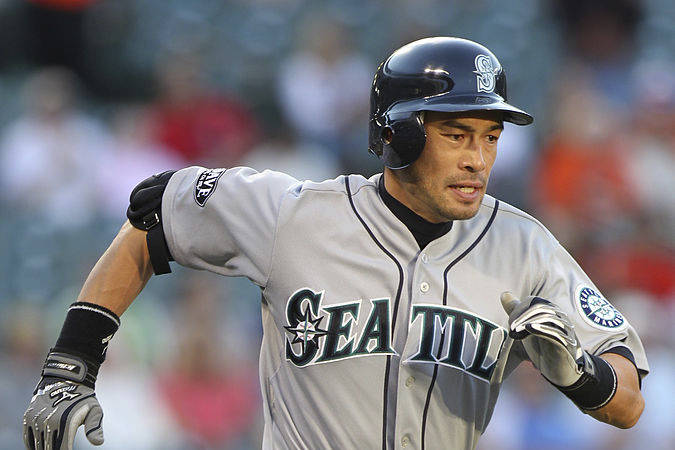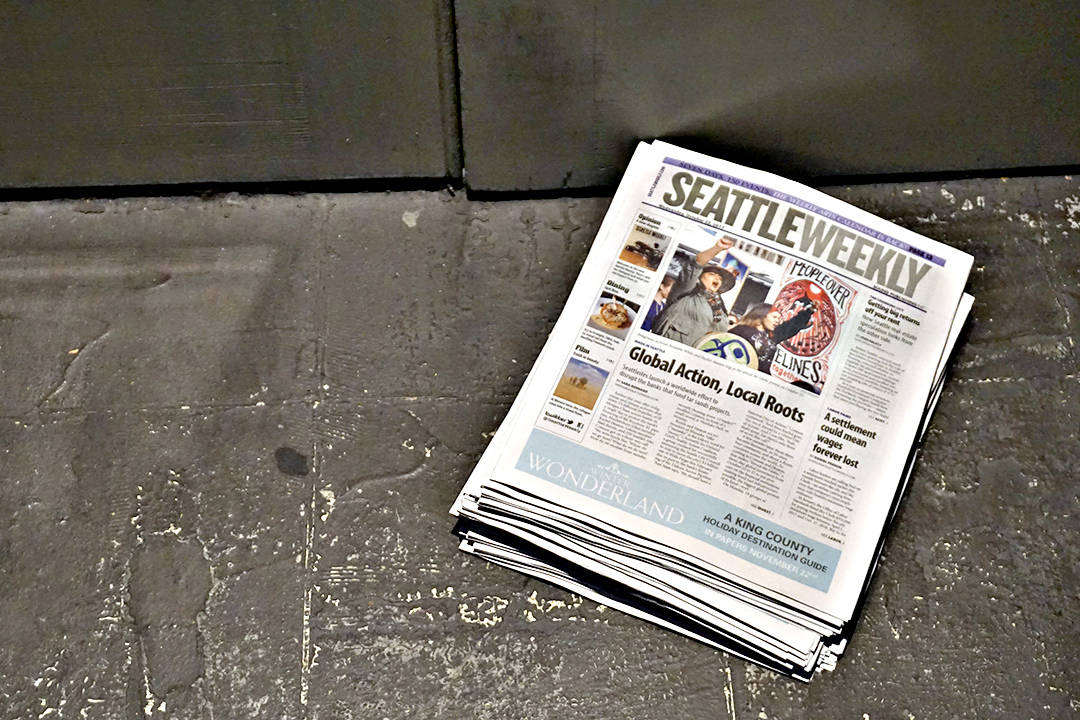Shelby Earl loves metaphor. And she does not abandon a metaphor easily. More than two years after releasing her debut full-length album, Burn the Boats, the Seattle singer/songwriter continues to reference its title when talking about Swift Arrows, her second release since she decided to strand herself on the shores of full-time musicianhood. In press releases and in person she gestures to the scorched hulls of her escape vessels, reminding us all that this is not a fluke. That she is a songwriter, not a hobbyist with a nice voice and a day job.
“I was really in the trenches after putting out Burn the Boats,” she told me recently, sitting in the cool basement of her cozy Eastlake apartment. “Now I’m living this life full-time, but feeling totally alive; never been more broke, never been happier.”
Ebullient in person and in concert, Earl admits to being a tad overserious with her songs, acoustic-guitar-based ballads adorned with dramatic instrumental flourishes that drive home the emotion. Again invoking a titular metaphor, she regards the 11 songs in Swift Arrows as poison-tipped messages in the songwriter’s quiver—a powerful means of communication when, as she sings in the title track that opens the album, “Words are not enough.”
Earl has a lot to say, even if she is covering some elementary topical ground. Songs about personal transformation reminiscent of her boat-burning metaphor still dominate. “If ever there was a revolutionized heart, it’s mine,” she sings on the emphatic strummer “This Is Me Now.” On “Grown-Up Things,” she questions the serious demeanor demanded by the adult world by embodying that too-heavy demeanor. And in standout “Sea of Glass,” she sings of a tortuous journey, imploring “Let it hurt, just make it last” as an infectious doo-wop sound swings away behind her.
While the lyrical content at times feels stuck in the same mode as her past work, the instrumental arrangements on Swift Arrows prove Earl’s growth as an artist. This was achieved, the artist says, by abandoning the rash approach of her debut and developing a plan before recording.
“I chose my team this time first,” Earl says. “The players, the producer, the engineer, the place—I figured all of that out before I put a single note on tape. Last time, I just hurled myself into it. I quit my job and two weeks later I started tracking with just friends and whoever would help.”
Burn the Boats was buoyed by Earl’s rich voice and knack for an impactful lyric, as well as by good fortune and the support of some Seattle music heavyweights. Earl began recording alone, but soon earned help, first from Long Winters leader (and Seattle Weekly contributor) John Roderick, who came on as a producer, then from former Visqueen leader Rachel Flotard, whose record label released the album. That was a happy time, one that provided the young songwriter with lots of publicity and a few very strong ballads—in particular “At the Start,” her duet with Roderick. But it was also, Earl says, a pained, drawn-out experience.
For Swift Arrows, Earl aimed for creative efficiency, assembling an all-star cast that could quickly build her spare guitar-based ballads into dynamic orchestrations. She invited guitarist Eric Howk (The Lashes), drummer Faustine Hudson (The Maldives), guitarist Ragan Crowe (Shim), and multi-instrumentalist Barry Uhl (David Bazan) to play. As producer, Earl chose fellow singer/songwriter Damien Jurado, whose well-documented experience in the studio with producer Richard Swift endowed him with great confidence in the studio. Jurado transferred that confidence to Earl, who was guilty of overworking the material on her debut, by teaching her to move on. The entire album was completed after one week at Columbia City Theater, each song recorded live, in only a couple takes, with little room to correct mistakes.
“There’s still stuff that I can’t stand,” Earl says of some of the flubs, imperceptible to my ears. “Damien had to say ‘Trust me,’ and I was like, ‘OK.’ His reasoning was usually ‘It feels good, it feels the best, and so just trust me.’ ”
Overall, Swift Arrows does feel good. Trusting her talents, Earl is growing into a songwriter who, on “The Seer,” for instance, proves capable of complex surrealistic poetry filled with metaphors that are not so simply decoded. More impressive is her ability to go simple, as on “We Will Die,” a song that derives its power from a clear message that happens to contain no metaphor at all.
mbaumgarten@seattleweekly.com







